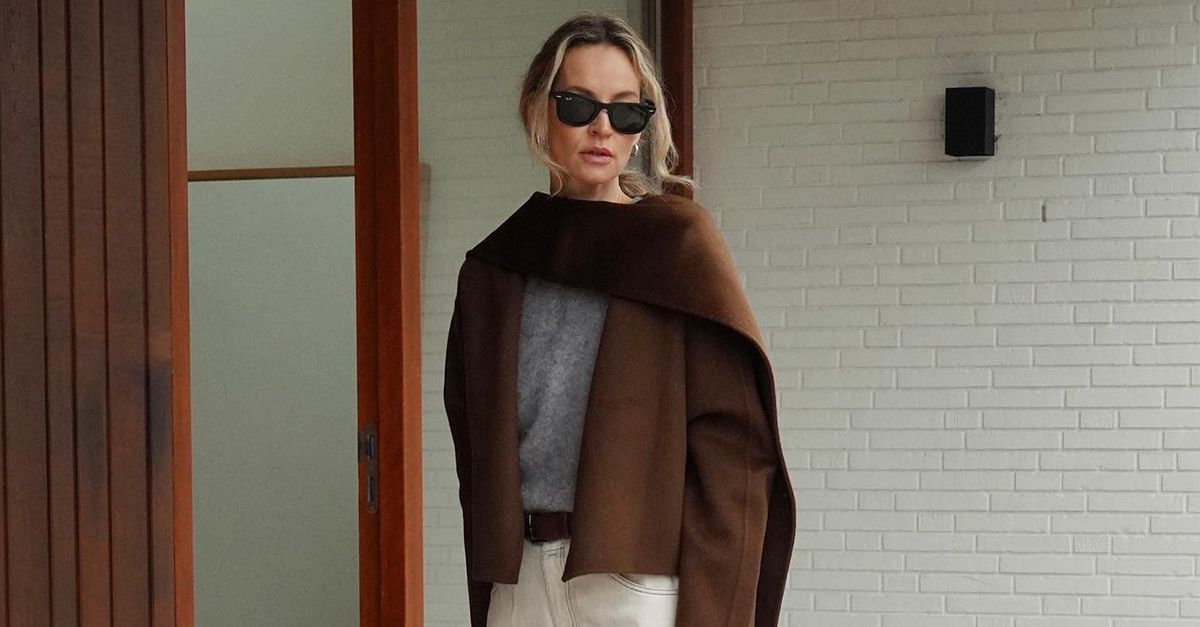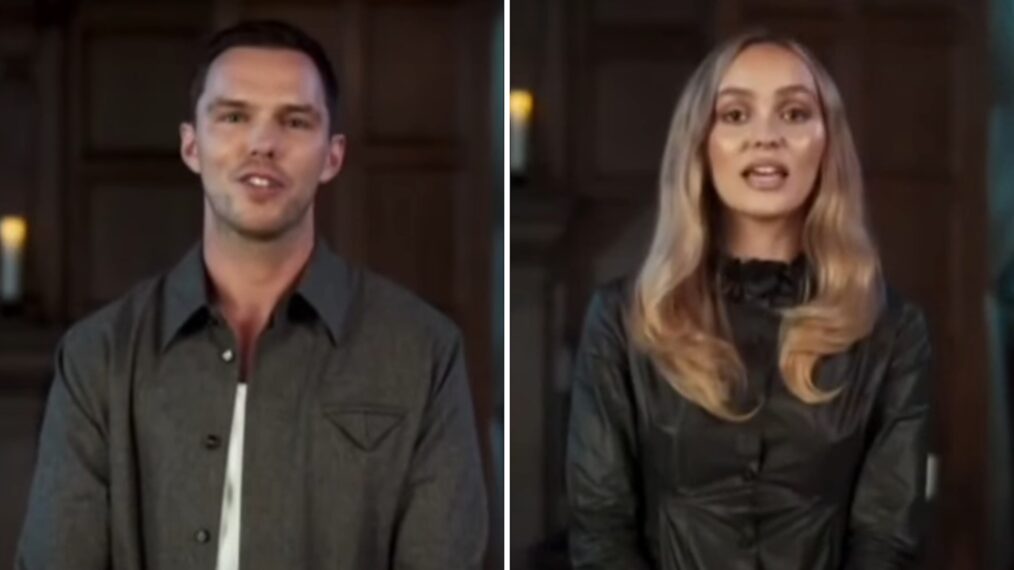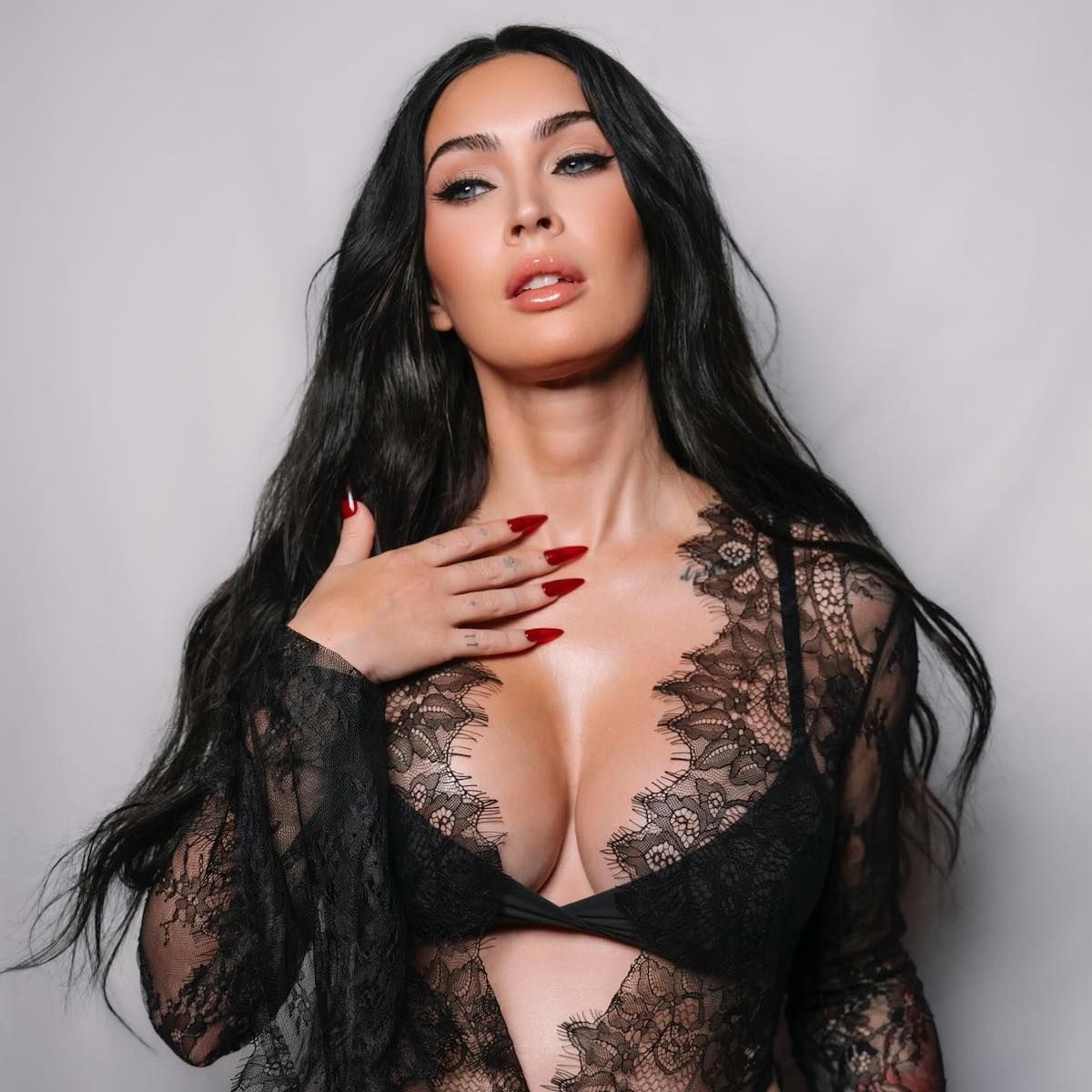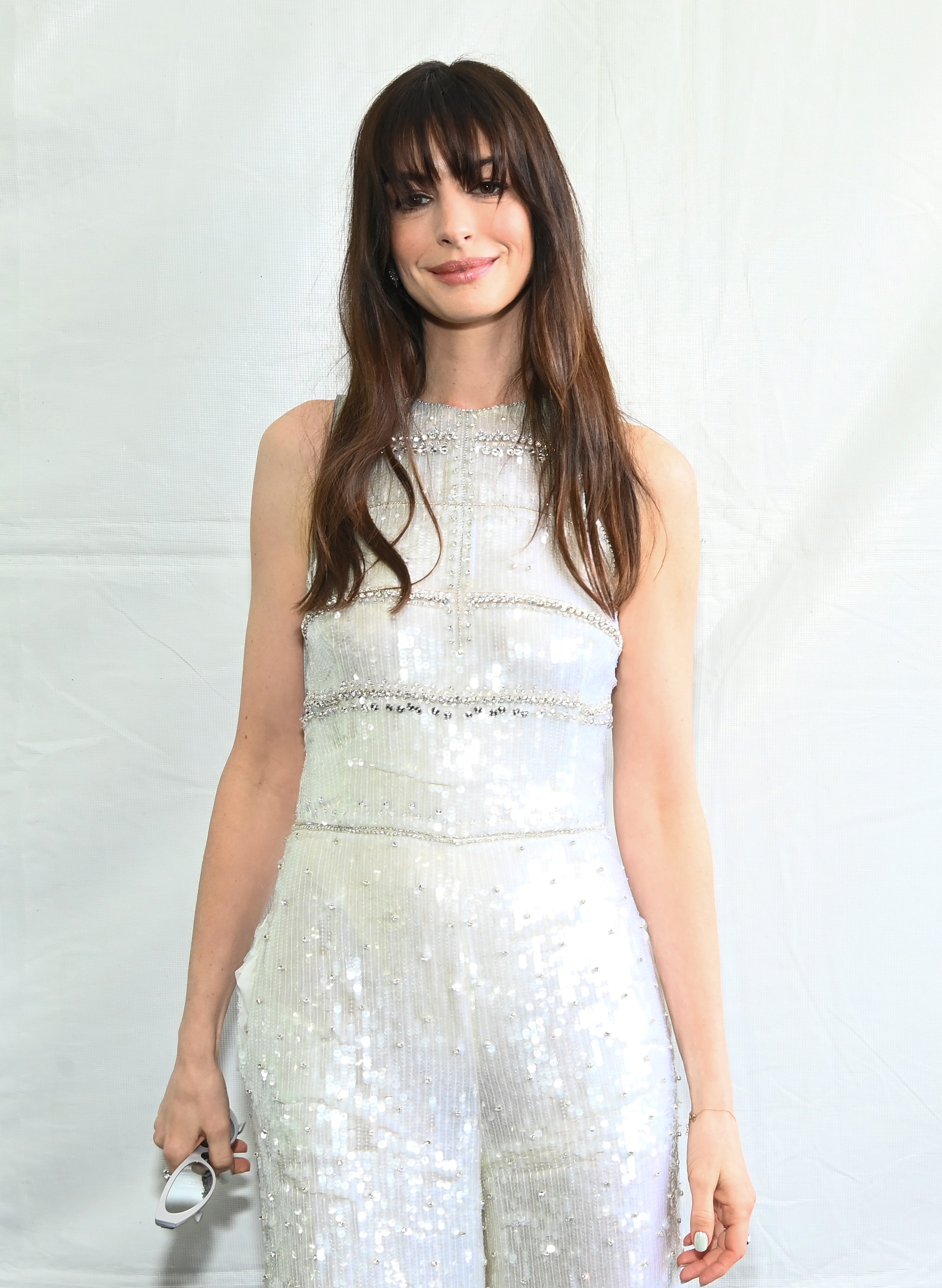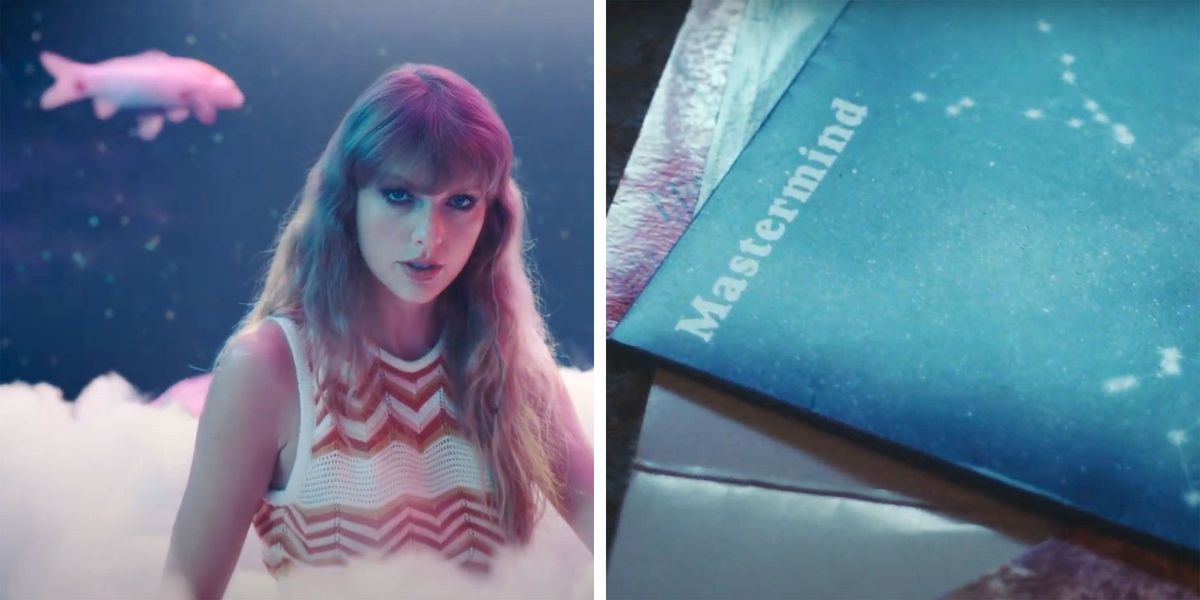Welcome back to DEAD Time. I hope you left a light on for me, because this month we’re talking about things that go bump in the night, but in a new way—from a queer and transgender perspective.
Dash Kwiatkowski (they/them) is a writer, podcaster, and paranormal investigator who created a new queer paranormal series called Liminal, which can be seen on YouTube. Dash has assembled a paranormal team that includes comedian and journalist Rosa Escandón (she/her), who co-hosts the podcast Psychic Friendz with Dash, and storyteller, performer, artist, and practicing witch Rockette Fox (she/her), who also hosts the podcast Fantastically Strange.
The pilot episode of Liminal screened internationally at various film festivals and has won several awards including the ASSAP Gold Award for “Best Paranormal Investigation Film” and the Gold Award for “Best TV Episode/Pilot” at the Fortean Film Fest, as well as “Excellence” in the “Documentary Category” and “Exceptional Merit” in “Content/Message Delivery, Research, and Viewer Impact: inspirational” at the The LGBTQ Unbordered International Film Festival.
The first episode of Liminal premiered on YouTube in July and follows the team as they travel to Tennessee to investigate the Bell Witch haunting and interview several queer and transgender members of the paranormal community and explore the overlap of magic and the trans experience in the American South. A bonus episode of Liminal this month features the team ghost hunting with Twin Peaks’ Ray Wise, as well as doing a paranormal investigation at Ray’s daughter’s home, which might be haunted.
You can watch both episodes on the Liminal YouTube channel here. The team is crowdfunding for future episodes of the show and if you would like to help out, you can donate here.
Bloody Disgusting was delighted to have the opportunity to talk with Dash Kwiatkowski about creating Liminal, the paranormal as a queer space, paranormal investigating with Ray Wise, and a lot more.
Bloody Disgusting: When did you first become interested in the paranormal and what inspired you to create the series Liminal?
Dash Kwiatkowski: I’ve been a fan of paranormal television and literature since I was very small. I used to watch a lot of ghost shows. In 2020, when the pandemic first started, I was making my way out of an over a decade long stand-up comedy career, because it was hard to do with the pandemic and I was feeling burnt out with the industry. I had this moment when I thought, “Well, I’ve always been interested in the paranormal and ghost hunting. And there are so many cataclysmic global things happening right now that I sort of want to do things that are fun and interesting to me [laughs].” So, I decided to give paranormal investigation and ghost hunting a shot. I went out with some friends, without cameras, and we tried some different contact methods we had seen and heard about.
Things got very interesting immediately, and very reactive, and I was already thinking about this idea of liminal spaces and bridges and borders and hallways and hospitals being sort of hotbeds of paranormal activity. I was thinking about that with my own identity. One of the things on the show as a mixed race, non-binary, transgender person, there are elements of me that are sort of permanently liminal. But even with binary trans people, there is liminality in the sort of shift and the change with how you are perceived versus how you feel. I just really started thinking about liminality with regard to human identity and how that connected with the strange and the paranormal.
Queer people love cryptids and tarot and all sorts of things like that, and I got to thinking that maybe that’s not just a one-way love. There is a book called Transgender Warriors by Leslie Feinberg and the book goes into a lot of the history of trans people and people outside of the gender binary historically. So, I was very inspired by seeing all these different moments from the past of the world of people outside of the gender binary who were treated as mystical, treated as magical, and I think that was a very influential and inspiring text for me as I sort of crystalized my ideas for this show.
BD: Your team uses the Estes Method a lot, which makes me think you’re a fan of Hellier. Why do you think the Estes Method is such an effective tool for paranormal investigations?
DK: I am a fan of Hellier. I think the Estes Method eliminates a lot of the confirmation bias that comes up with traditional spirit box use, where people ask a question and they’re sort of expecting an answer and your brain puts together, from whatever noise is coming from the box, that the human brain wants to find meaning in things, especially if they’re expecting it. So, I think by eliminating the confirmation bias, it gives the people doing it a sense of confidence. One of my things with magic and the paranormal in general is I truly believe intentionality is so crucial for anything magical. I think that the Estes Method is really aided by feeling like a ritual. There are a lot of things you can do like taking EVPs, but it doesn’t feel as ritualized as putting on isolation headphones and a blindfold and sitting there holding the spirit box in your hands. There is something that feels very ritualistic about it that I think really helps the person involved and the people around them to be in more of a brain space that I think allows for genuine connection to happen.
BD: In the first episode of Liminal, your team travels to Tennessee to investigate the Bell Witch haunting, conduct interviews, and you even perform an unexpected ritual. What is the most interesting thing you learned about the intersection of magic and the queer and trans experience in the South?
DK: One of the biggest takeaways for me is the idiosyncratic nature of both things. We interviewed lots of different people with lots of different practices. Some people use cartomancy, and some people have specific cultural magical practices. All of these methodologies feel so fruitful to each individual practitioner, and it sort of reminded me of how, we say trans a lot culturally, but very rarely are two people trans in exactly the same way. It can mean so many different things and cover so many broad types of identity. So, when I’m thinking about transness as it intersects with magic, I think one of the most interesting takeaways for me is that you’re bringing together two things that are so sort of dependent on the individual experiencing.
I think that’s really what I love about magic and the paranormal because you can have any sort of unexplainable and really fantastical experience and then when you try to explain it to someone they can say, “Oh sure, it’s just a coincidence.” And there is a dismissal that anyone who was not involved in the actual experience is very easy to sort of do. I think in both what I perceive to be the intrinsic connection, as well as the day-to-day experience, there is something just really beautiful about how idiosyncratic transness is and how idiosyncratic magic is, and especially when you bring those two things together.
BD: You conducted a paranormal investigation with Ray Wise in the bonus episode and he even shared some fascinating lore behind Twin Peaks! I’m a huge fan of Twin Peaks, so that was super interesting to me. What was that experience like?
DK: It was such a delight being able to work with Ray Wise. He’s been a supporter and a defender of queer and trans people for a lot longer than a lot of people in Hollywood and that’s always very heartwarming to me when people in their personal lives have been just cool about who I am and the people I care about. It was very exciting; he brought his own paranormal investigation gear. That’s actually how we got invited to investigate with him.
BD: He brought his own paranormal equipment? That’s wild!
DK: Yeah, he did! [laughs] He’s the only person who has ever done that with us, showed up with his own stuff. So, he’s down. That’s the cool thing. He’s down for so much stuff. I was talking to him about egregores and tulpas and he was like, “Oh yes, I’m familiar with those.” And I was like, “That’s great! That rocks!” [laughs] He’s actually so cool. He’s a very sweet man and he thinks about a lot of interesting metaphysical paranormal things. It’s just really delightful to talk to him about it. His daughter, Kyna, is a friend of mine and she was texting me, “Oh yeah, my dad is buying REM pods and gear,” and I said, “What’s he doing that for?” [laughs] And she said, “He thinks my apartment is haunted.” I said, “Oh. Does he know we do what we do?” And she was like, “I don’t think so.” So, she talked to him about it, and he was very excited about the idea of us coming out and investigating with him. It was honestly his idea to do the investigation in the first place, which is also very exciting.
When we interviewed him, he told us a ghost story that I have never heard about his own experience with what he feels was the spirit of his uncle. All the stuff that came up when we did the Estes Method with him was so interesting. The words racehorse and chariot kept coming up and afterwards I realized you can think of racehorse as Ray’s horse. Then you think of Twin Peaks and the whole “the horse is the white of the eyes,” so it all sort of connects back to Ray Wise [laughs].
BD: I was intrigued by the investigation around Kyna Wise, Ray’s daughter, who had a close friend pass away in her house. It was so intense and very emotional to watch. Do you feel like you were able to give Kyna some closure and maybe peace about her friend’s death and the presence in her home?
DK: I think peace for sure and that’s just from talking with her afterwards. Kyna is one of my best friends and we talk almost every day [laughs]. We’ve been chatting a lot, and she did let me know that after we had gone a lot of the energy, absolutely the negative feeling, did feel like it had gone. I think that comes from the internal feeling and the internal sense. I love sort of a goofy ghost show; I love sensationalist shows; I watch all of those, too [laughs]. But I never want to make a show where we’re going to come in and bust someone’s ghost or something like that. We’re not trying to say, “We’re going to solve your ghost issue or whatever,” because I don’t think I have that kind of power, to be honest [laughs]! I do not know how to bust a ghost and I’m not going to be inviting any exorcists to dress like professional bowlers onto my show either. That isn’t the realm that we want to exist in.
But if someone can personally feel better and feel maybe a little bit at peace with something, I think that can help with some of the negative feelings that can feel energetically bad. What’s fun is that I’m kind of pretty skeptical of everything that we’re doing. Kyna kept saying, “Well, if I’m going to be on board with this, if I’m going to believe what we’re talking about, I’m just approaching it with good faith and open-mindedness as much as I can.” I do think it’s funny that she is much more skeptical than Ray because Ray is on board one hundred percent [laughs] and Kyna was just like, “Yeah, well we’ll see.” I think there is something to that. A lot of people talk about haunting as this idea that is it an external force or is it the force is sort of internal from us manifesting in the world around us based on how we’re feeling, based on things happening.
I’ve heard a lot of people make the theory that even in the Bell Witch haunting it was a grief tulpa from trauma and abuse that affected everything around the family. So, I think there are a lot of arguments to be made that are very interesting discussions to be had about where do hauntings come from. So, when I think about what Kyna was going through and just the sadness and feelings of having someone you love very much and you do your best to take care of them, there is a lot of emotion there. Even if Kyna doesn’t think that we necessarily channeled the ghost of her beloved friend, going through the ritual, going through the process, I think can be helpful and create peace.
With regard to closure, one of the things that I think is really interesting about this episode is that I kind of feel like it doesn’t end in a hard closure sort of way, but it does end in a sort of peaceful way, and I kind of like that. I like that sense of where we landed just because I feel like when you’re making episodes of television it’s very tempting to want to tie everything up in a narrative bow and that’s never what I want us to do with this show. On the most obvious level, we’re never going to hide a production assistant behind a door to slam it shut, but I also don’t want to pretend to have a big closure moment if one doesn’t happen. To me, that feels very real. We’re trying to go out there and document what happens and present the reality of what we’re experiencing and what the people we’re investigating with are experiencing.
BD: In the first episode, you said that you believe the paranormal is a queer space. Do you have a theory about queer and trans people gravitating towards the paranormal or specifically being surrounded by high strangeness?
DK: I think there are several levels to it. I think one of the levels is almost a very practical, and even mundane, sense of kinship. When you grow up in a culture that tells you intrinsically and inherently that you are coded villainously—if you watch The Lion King and you see how Scar is animated and you see, “Oh, this is a gay lion trying to destroy the nuclear family.” If you look at Ursula in The Little Mermaid, she is modeled after specific queer people, right? So, I think on a mundane level there is a sense of kinship. If you exist in a way where you are told, if not explicitly, but at least implicitly, by everything around you like media and the news that you are villainous, what you are is villainous, I think when you see ghosts and cryptids and monsters and all these things that we are intrinsically told are villainous and to be feared, there is this idea that, “Well, I’m told that I’m to be feared and maybe none of us are to be feared. Maybe none of us are bad. Maybe there is nothing evil hiding in the woods late at night. Maybe everything is just misunderstood in the way that I feel misunderstood.” I think on the mundane level there is a sense of kinship in being othered and being painted villainously.
I do think even beyond that, there is something intrinsically and inherently magical about feeling something inside of you. Feeling something like, “I am not necessarily what I’m being told that I am. I’m being told that I am a gender by everyone around me. I’m being told that my sexuality has to be a certain way by culture, by my parents, by everyone I know. I’m being told that I am something and I just sort of know inside that that’s not what I am.” I think that there is something to taking your identity and taking who you are and who you know yourself to be and expanding beyond what anyone has told you is possible. That is so intrinsically magical. I think that there is so much magic to that and to that style of existence that a person like me who has believed there is magical phenomenon all of my life.
I believe that there is magic that is so interactive and as soon as you take a step into the world of magic, I believe you are greeted by all sorts of interesting forces and synchronicities and occurrences and things that science and other things tell you are not real and could not actually happen. But you feel it and it feels very real even if it’s not something that is provable in some sort of measurable way. So, I think there is something about the experience of expanding beyond what you are told is possible that calls out to magic and the strange. I think magic and the strange returns that call.
Check out the official trailer for Liminal below and for more information on the show, the team, and much more you can visit the Liminal TV website.


























































![Mason Ramsey – Twang [Official Music Video] Mason Ramsey – Twang [Official Music Video]](https://i.ytimg.com/vi/xwe8F_AhLY0/maxresdefault.jpg)





![Dash Kwiatkowski Discusses Queer Paranormal Series ‘Liminal’ and Ghost Hunting with Ray Wise [Interview] Dash Kwiatkowski Discusses Queer Paranormal Series ‘Liminal’ and Ghost Hunting with Ray Wise [Interview]](https://i0.wp.com/bloody-disgusting.com/wp-content/uploads/2024/08/LiminalStill3.png?resize=1000%2C600&ssl=1)





